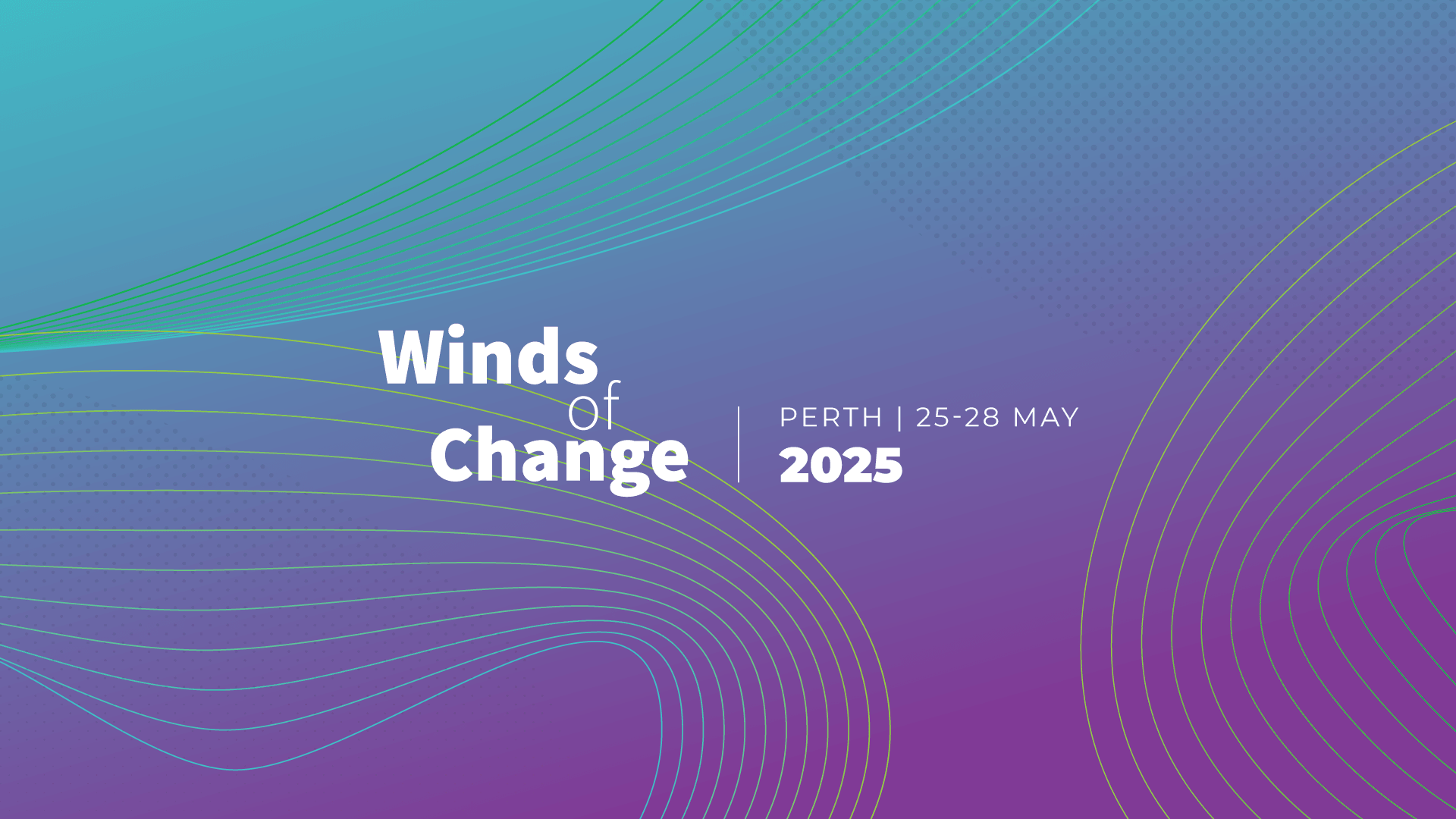
Bridging the Gap Between Theory and Practice for Digital Knowhow in the Workplace
May 26 2025, 16:10 - 16:40 (AWST)

This presentation discusses how a collaborative problem-based learning (cPBL) approach was used to bridge the gap between theoretical knowledge and practical application, enabling the creation of a tertiary diploma. This diploma, developed in collaboration between industry representatives and university staff, addressed industry-specific skills while personalising the student learning journey. A cornerstone of the diploma's design was the co-creation of assessments involving students, their workplace supervisors, and the unit coordinator to ensure the learning was authentic and directly applicable to the workplace.
The students, who were full-time employees, worked closely with the unit coordinator and workplace supervisors to identify and solve a "wicked problem" unique to their workplace. This co-design process applied theoretical concepts using data-driven insights to address their workplace challenges. Using cPBL as the pedagogical foundation enabled an individualised learning journey for each student, tailoring content delivery to their specific workplace contexts and industry needs.
Co-designing the final assessment created a two-way learning experience, allowing students to use their developing knowledge of digital transformation to solve workplace challenges. The unit coordinator's role shifted from instructor to facilitator, supporting students in structuring their learning around the nuances of their workplaces and industries. This collaborative approach met university requirements and ensured students gained relevant digital skills needed in today's workplaces.
By utilising cPBL, this pedagogical model effectively closes the gap between theory and practice, equipping students with the tools to navigate and address their workplace challenges through digital transformation.
THETA acknowledges the Traditional Owners of the lands where we live, learn and work. We pay our respects to Elders past and present and celebrate the stories, culture and traditions of all First Nations people.
